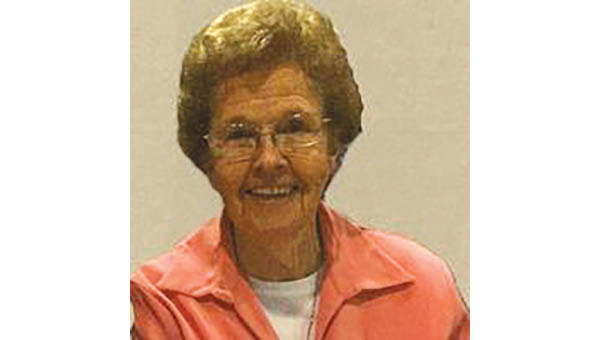TN’s ban on gender-affirming health care for trans youth
Published 10:10 am Tuesday, June 24, 2025
|
Getting your Trinity Audio player ready...
|
Tennessee this past week joined two dozen other states in banning gender-affirming medical care for young people who are transgender.
The U.S. Supreme Court upheld Tennessee’s ban in a 6-3 decision. Detractors see it as a form of discrimination.
Chase Strangio, co-director of the ACLU’s LGBTQ and HIV Project, said the high court’s opinion will leave families across the country scrambling to maintain health care. Strangio said some young people who are losing access to treatment are doing everything they can to continue care approved by doctors and parents.
“The most immediate effect is on our clients and other young transgender people, in Tennessee and across the country, who need medical care that the government has stepped in to ban,” he said. “And for them, we are devastated, and we know that we will continue fighting so that government discrimination against transgender people will end.”
Trending
Chief Justice John Roberts said the court found Tennessee’s ban on gender-affirming care for minors doesn’t violate the 14th Amendment’s equal protection clause. The lawsuit, U.S. v. Skrmetti, was filed by families in Nashville and a Memphis doctor, who argued the law is unconstitutional. The Biden administration initially supported the case, but the federal government has changed course during the Trump administration.
Karen Loewy, director of constitutional law practice for the advocacy group Lambda Legal, called the ruling “heartbreaking” for families and the medical providers who want to see transgender youths live safely and be their full, authentic selves. She said the decision denies them basic dignity and protection.
“It’s very important to note the specifics of the court’s ruling,” she said, “which is really limited to laws that bar medical treatments for minors where there’s no evidence that the law was based on animus, where there’s no argument that the bans are just a proxy for discrimination against transgender people.”
Loewy added that Justice Sonia Sotomayor’s dissent acknowledges the serious harm transgender youths face without access to gender-affirming care.
Lucas Cameron-Vaughn, senior staff attorney at ACLU of Tennessee, said families he’s spoken with are disappointed in the ruling. He noted that a young person now has no access to gender-affirming medical care in the state, and not all are able to get it elsewhere.
“Our clients and a lot of trans youths in Tennessee have supportive families and have the privilege and ability to be able to take time off work and school, to be able to go out of state to obtain medical care,” he said. “But so many other young people do not have families that support them to try to assist them in getting that care from out of state.”
Trending
The court did not overturn existing Supreme Court or lower court rulings that recognize other forms of discrimination against transgender people as unlawful.





